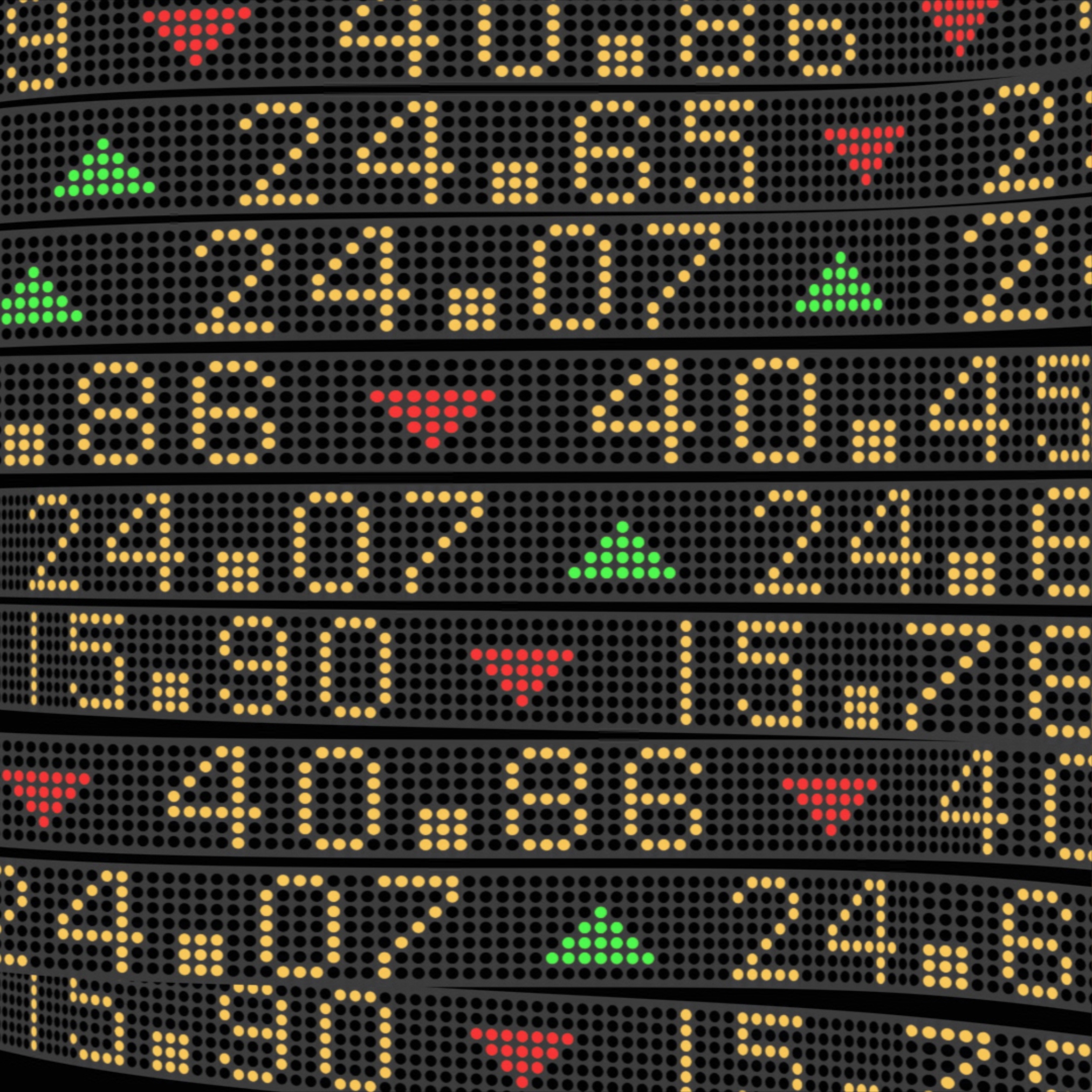Investing
Cisco Systems, United Technologies Weigh on DJIA Monday

Published:
Last Updated:

June 5, 2017: Markets opened lower Monday following a report that several Middle East oil producing nations have cut ties with Qatar due to that country’s support for terrorism. The energy sector ended up being the best performer for the day, but that was not enough to offset poor performers like the utilities and materials sectors. WTI crude oil for July delivery settled at $47.40 a barrel, down 0.6% for the day. August gold added 0.2% for the day to settle at $1,282.70. Equities were headed for a narrowly lower close shortly before the bell as the DJIA traded down 0.07% for the day, the S&P 500 traded down 0.09%, and the Nasdaq Composite traded down 0.14%.
Stocks traded very near the break-even line just minutes before the closing bell. The closing tally could finish with either a small gain or a small loss for any or all of the indexes.
The DJIA stock posting the largest daily percentage loss ahead of the close Monday was Cisco Systems Inc. (NASDAQ: CSCO) which traded down 0.94% at $31.68. The stock’s 52-week range is $27.13 to $34.60. Volume was about 30% below the daily average of around 20 million shares. The company had no specific news.
United Technologies Corp. (NYSE: UTX) traded down 0.78% at $121.17. The stock’s 52-week range is $96.89 to $122.85. Volume was about 15% below the daily average of around 2.9 million shares. The company had no specific news Monday.
Pfizer Inc. (NYSE: PFE) traded down 0.71% at $32.31. The stock’s 52-week range is $29.83 to $37.39. Volume was about half the daily average of around 22 million shares. The company had no specific news.
Merck & Co. Inc. (NYSE: MRK) traded down 0.68% at $65.03. The stock’s 52-week range is $55.10 to $66.80. Volume was about half the daily average of around 8.8 million. The company reported this morning that its phase 3 trial of cancer treatment Keytruda continues to show improved results.
Of the Dow stocks, 17 are on track to close higher Monday and 13 are set to close lower.
The average American spends $17,274 on debit cards a year, and it’s a HUGE mistake. First, debit cards don’t have the same fraud protections as credit cards. Once your money is gone, it’s gone. But more importantly you can actually get something back from this spending every time you swipe.
Issuers are handing out wild bonuses right now. With some you can earn up to 5% back on every purchase. That’s like getting a 5% discount on everything you buy!
Our top pick is kind of hard to imagine. Not only does it pay up to 5% back, it also includes a $200 cash back reward in the first six months, a 0% intro APR, and…. $0 annual fee. It’s quite literally free money for any one that uses a card regularly. Click here to learn more!
Flywheel Publishing has partnered with CardRatings to provide coverage of credit card products. Flywheel Publishing and CardRatings may receive a commission from card issuers.
Thank you for reading! Have some feedback for us?
Contact the 24/7 Wall St. editorial team.